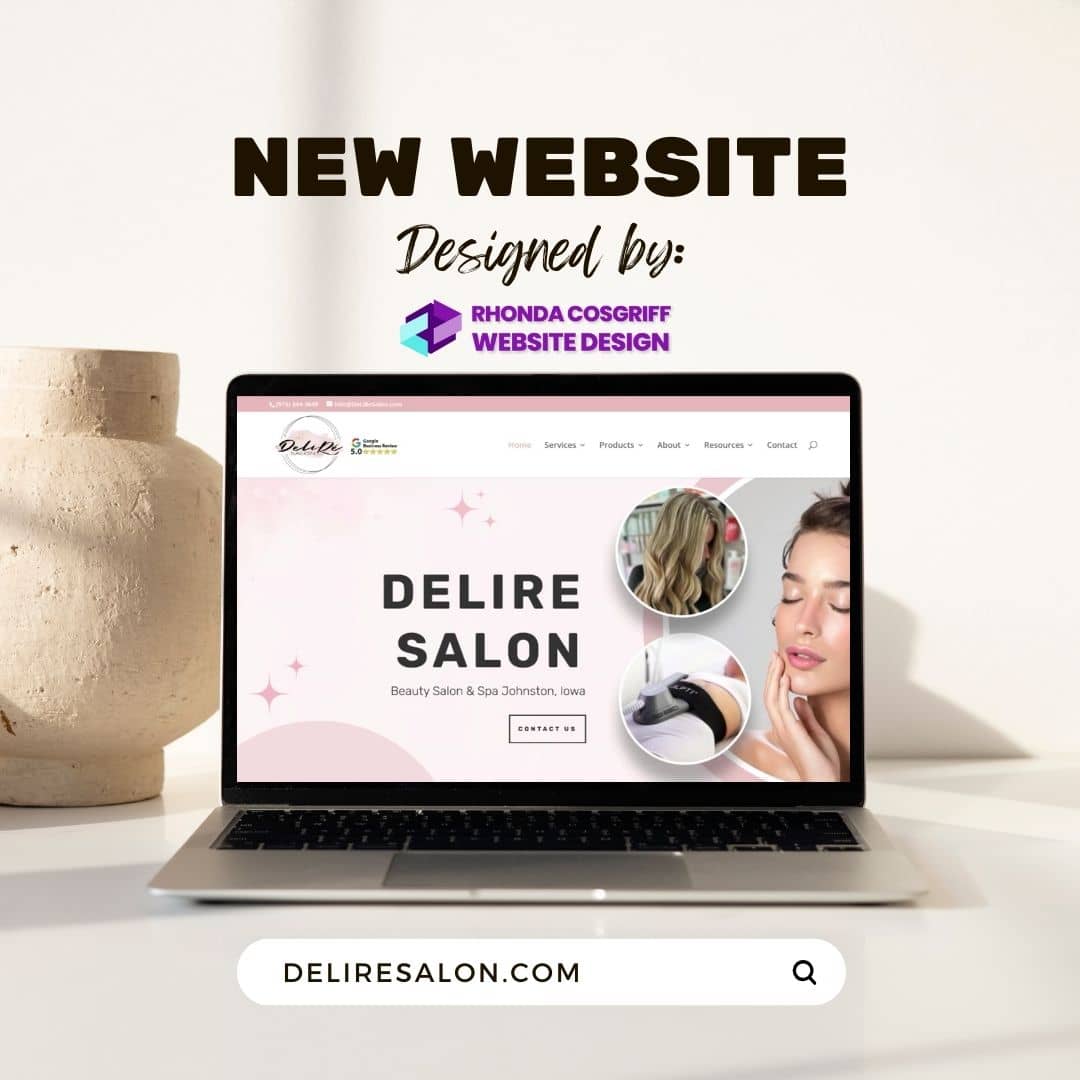Introduction to B2C Website Design
In this comprehensive guide, we, as expert SEO and high-end copywriters, delve into the fascinating world of B2C website design. We understand that the quality of content plays a crucial role in achieving top search rankings on Google. Our mission here is to provide you with the most valuable insights and detailed information to help you outrank your competitors and establish a dominant online presence. Let’s get started!
Understanding B2C Website Design
B2C, or Business-to-Consumer, website design is an integral aspect of modern online business success. It involves crafting visually appealing and user-friendly websites specifically tailored to engage and convert visitors into loyal customers. A well-designed B2C website not only showcases products or services but also establishes brand identity and credibility.
Importance of User Experience (UX)
User Experience (UX) is the foundation of effective B2C website design. It encompasses all aspects of a visitor’s interaction with the site, including navigation, loading speed, responsiveness, and overall aesthetics. A seamless and intuitive user experience is crucial for reducing bounce rates and encouraging repeat visits.
Responsive Web Design
In today’s mobile-dominated era, responsive web design is no longer optional. It is a must-have feature to ensure your B2C website adapts seamlessly to various screen sizes and devices. Google also favors mobile-friendly websites, making it a crucial ranking factor.
The Role of Visual Appeal
Humans are visually driven beings, and the visual appeal of your B2C website can significantly impact user engagement. Employing eye-catching graphics, high-quality images, and thoughtfully placed calls-to-action can enhance the overall user experience and encourage visitors to take desired actions.
Crafting Engaging Content
“Content is king” is a timeless phrase in the digital realm. Creating valuable and relevant content for your B2C website can set you apart from competitors and establish your authority in the industry. Invest in crafting informative blog posts, product descriptions, and compelling landing pages that resonate with your target audience.
Optimizing for Search Engines
While we aim to outrank the existing article on Google, it is crucial to adhere to SEO best practices. Keyword research is the cornerstone of any successful SEO strategy. Identify relevant and high-traffic keywords related to B2C website design and seamlessly integrate them into your content and meta tags.
Meta Titles and Descriptions
Crafting compelling meta titles and descriptions can improve click-through rates and enhance your chances of ranking higher on Google’s search results pages. Ensure your meta tags accurately reflect the content and entice users to click on your link.
Building High-Quality Backlinks
Link building is another critical aspect of SEO that can significantly impact your search rankings. Focus on obtaining high-quality backlinks from authoritative and relevant websites within your industry. Guest posting, content partnerships, and social media outreach are effective ways to acquire valuable backlinks.
Leveraging Social Media
In today’s digital age, social media plays a vital role in driving traffic and engagement to B2C websites. Create compelling social media campaigns and share valuable content regularly. Engage with your audience and encourage social sharing to expand your website’s reach and visibility.
Analyzing Website Metrics
To continuously improve your website’s performance, it is essential to analyze relevant metrics regularly. Utilize tools like Google Analytics to monitor traffic, user behavior, and conversion rates. By understanding these data points, you can make data-driven decisions to optimize your website and improve its overall effectiveness.
The Importance of Website Security
Website security is not just essential for protecting your business and customers; it also impacts your search rankings. Google prioritizes secure websites, and implementing SSL certificates and robust security measures can boost your site’s credibility and search visibility.
Emphasizing Customer Testimonials and Reviews
Testimonials and reviews from satisfied customers can be powerful social proof for your B2C website. Display genuine and positive feedback prominently to instill trust in potential buyers. Positive reviews can also contribute to higher search rankings as search engines recognize them as indicators of a reliable and reputable business.
Conclusion
In conclusion, excelling in the competitive world of B2C website design requires a holistic approach that combines engaging content, seamless user experience, and effective SEO strategies. By implementing the insights shared in this guide, you can establish a formidable online presence, outrank your competitors on Google, and drive significant traffic and conversions.
B2C Web Design Benefits










